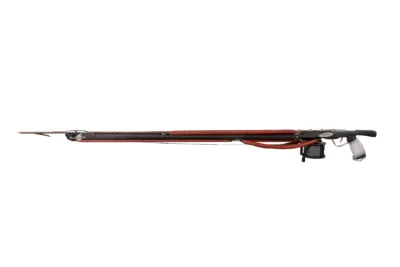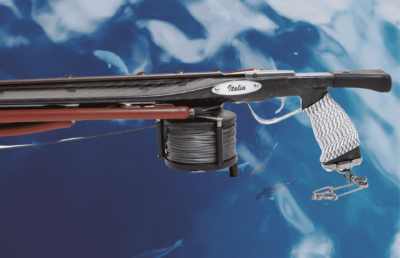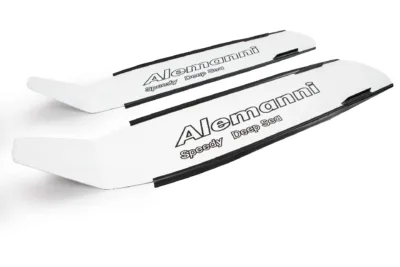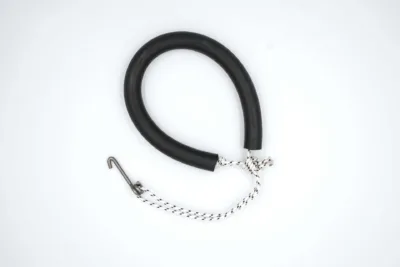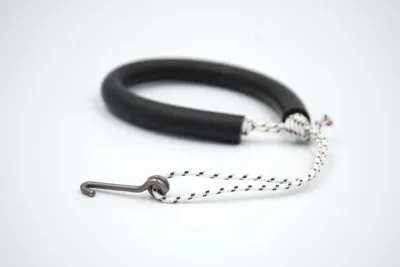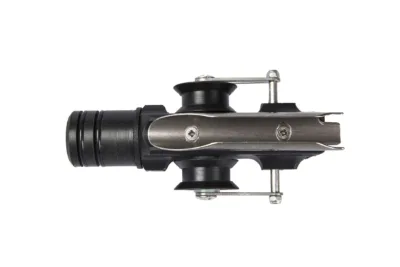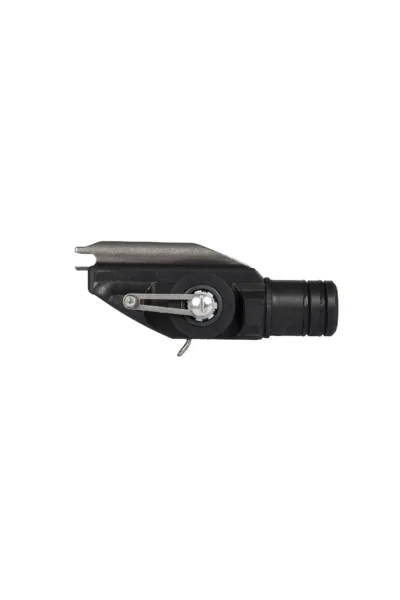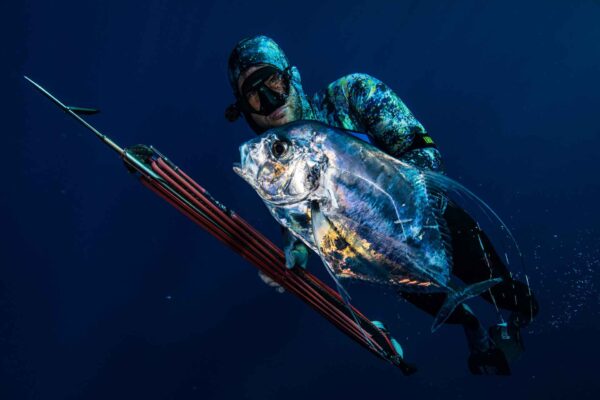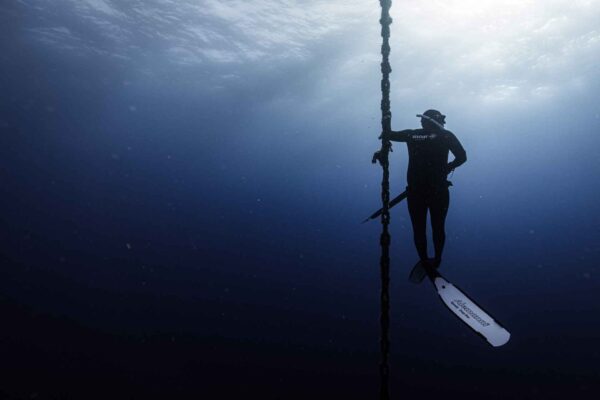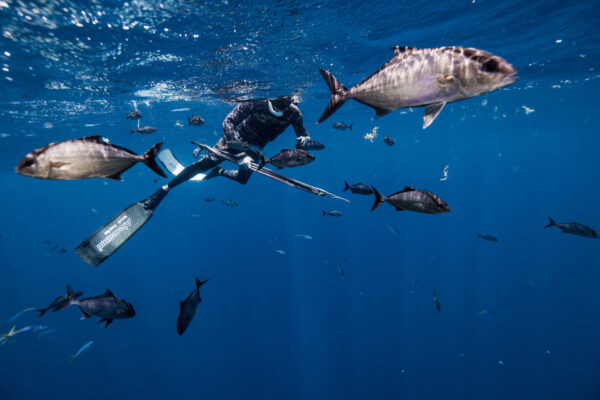Underwater fishing techniques
Immersion otitis externa: how to prevent it
Immersion otitis externa: how to prevent it
The close link between otitis and underwater activities has been known to scientists since the Seventies: otitis externa, also calledswimmer's ear” is a disorder that affects everyone who lives in close contact with water, including spear fishermen.
THEimmersion otitis it makes no distinctions: it strikes in all seasons, at all ages and does not even depend on the depth or conditions of the water - even if pollution can play a decisive role. However, there are some good habits that help to prevent the onset of otitis, which can be treated and cured relatively quickly.
Otitis externa or barotraumatic? The differences
THEotitis externa it is an ear infection that manifests itself with the onset of itching and pain, sometimes accompanied by buzzing and a certain feeling of muffling. In most cases otitis has bacterial origin, but it can also be caused by fungal and, more rarely, viral infections.
According to data provided by a well-known insurance company, divers who dive frequently in murky waters or very rich in plankton they have 5 times more likely to be affected by external otitis compared to those who do not swim. In the case of external otitis, in fact, the problem arises precisely from contact with water.
There is also another form of otitis, more serious and painful, which can affect divers: this isbarotraumatic otitis, damage to the ear that can be caused by sudden change in atmospheric pressure and which, in more serious cases, can also manifest itself with bleeding and eardrum lesions.
This type of ear infection can arise when you compensate poorly or when you dive in the presence of colds, allergies or other infections to the respiratory tract – conditions in which it is it is absolutely not recommended to practice underwater activities breathless.
Spearfishing: how to recognize otitis externa
External otitis, or "swimmer's", is the most common type of disorder among those who practice underwater activities: the prolonged contact with water andexposure to wind during recovery breaks are the perfect recipe for the development of this type of ear infection.
The first symptoms often appear days after the dive: itching, swelling, pain, a feeling of "muffled ears", sometimes accompanied by tinnitus, which become more present and annoying as the days go by. Compensating becomes difficult (and dangerous) and chewing always causes more pain.
When you realize that you have developed i symptoms of external otitis it is best to immediately stop water activities and concentrate on treating the infection, which can be eradicated within a few days with the help of topical or antibiotic therapy prescribed by your doctor.
Otitis externa after diving: how to avoid it
Those who dive very often or are particularly susceptible to ear infections should prevent problems from arising first and foremost by avoiding diving when circumstances are not optimal, for example in the presence of cold or an intense presence of bathers (which exponentially increases the risk of bacterial loads in the water and therefore infections).
However, there are some precautions, very simple to apply, that can prevent ear infection of the swimmer:
- if you feel itchy or suspect an excessive presence of earwax, before diving it is a good idea to contact an ENT specialist for a possible internal washing;
- in the presence of particularly dry or flaky skin, ear drops can be applied before immersion oily base or simple Vaseline, which restore the lipid film to protect the ear;
- avoid water stagnation in the wetsuit hood, during the dive and after;
- after each dive, rinse your ears with fresh water (possibly warm) e dry them very carefully, without using cotton swabs.
Some divers usually apply, after washing their ears with fresh water, some alcohol-based drops which promote evaporation and help dry the ear canal.
In recent years, diving masks equipped with ear covers, which allow you to dive while keeping your ears perfectly dry: decisive in some delicate cases, for example in the presence of some pre-existing injuries, some models can also be worn with a neoprene hood.
Diver's ear infection: bad habits to abandon
External otitis, as we have seen, can strike in any season: the summer diving inshore, however, tend to be the riskiest. First of all for the presence of bathers, which in some coastal areas also leads to an overload of the sewage system, but also because we tend to underestimate thewind action. What seems like a pleasant summer breeze can turn into a real risk factor, especially if you are fishing on the surface.
The first thing to keep in mind to avoid otitis externa, in summer and winter, is that the infection finds fertile ground in trauma and small injuries affecting the ear canal: in addition to cotton buds, should also be avoided aggressive soaps, which can generate dryness and itching, and therefore lead to the formation of microlesions on the skin.



